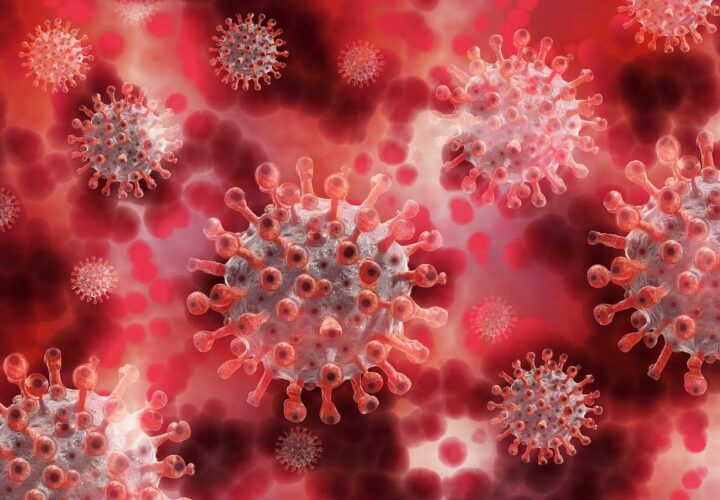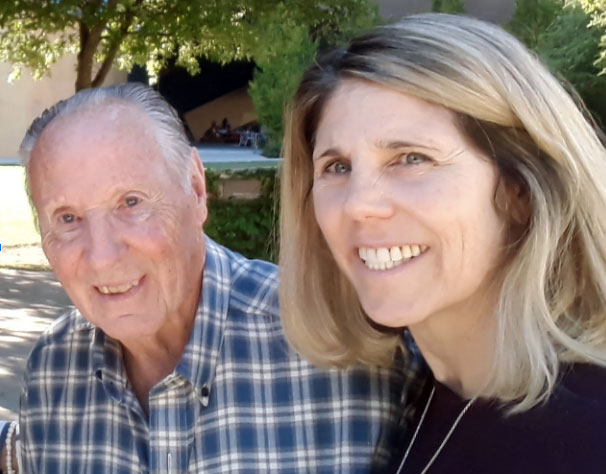A study found that common genetic variants of a gene called OAS1, which have been associated with higher Alzheimer’s risk, also led to an exaggerated immune response in COVID-19 patients, causing further damage to otherwise healthy lung and brain tissue. The findings offer a possible clue as to the link between Alzheimer's and a dysfunctional immune system.
Since the early days of the novel coronavirus pandemic, researchers found that people living with Alzheimer’s were at a higher risk of severe COVID-19 infection. Several studies linked known genetic and blood biomarkers of Alzheimer’s to various aspects of COVID-19 risk.
Through large-scale genetic studies, researchers found that variants of the OAS1 gene were associated with Alzheimer’s. Recently, variants of this same gene have been linked to critical illness in COVID-19. According to Dervis Salih at University College London, lead author of the study, this gene “acts as a first line of defense against viral infection.” While there is still more to understand about this link, it probes existing questions about the relationship between brain health, Alzheimer’s, viruses and the immune system.
Salih and his group explored the role of OAS1 in the brain’s immune cells. Their findings were published in the journal Brain last month. The genetic variants investigated in the study are common in people with European ancestry and may increase the baseline risk of Alzheimer’s by 11 to 22 percent.
The researchers analyzed the genes activated in the brain’s immune cells during Alzheimer’s and mild cognitive impairment with the genes activated in the lung fluid from people who experienced critical illness due to COVID-19.
Across these disease states, immune cells produce less of the protein encoded by the OAS1 gene, leading to the immune cells damaging healthy tissue. Scientists also probed the role of OAS1 in a mouse model of Alzheimer’s.
“People that have lower activity of the OAS1 gene were more prone to developing Alzheimer’s but also to responding poorly to COVID-19,” Salih told Being Patient. The gene was responsible for halting the cellular response to viral infection, he noted. And, it ensures the immune cells will shut off, preventing the immune cells from damaging healthy tissue.
Meanwhile, cells with low OAS1 activity “develop an exaggerated immune against the signals that come along with the virus,” Salih said. This mechanism could also contribute to the hyper-inflammation or cytokine storms characteristic of severe COVID-19: “The immune cells of the body go berserk, they secrete lots of [inflammatory] factors,” he added. “In the end, the body’s own immune system ends up attacking lung or brain tissue.”
Some scientists hypothesize that Alzheimer’s is caused by a dysfunctional immune response to a viral infection of cells in the nervous system. Salih explained that it’s not yet clear whether this study provides credence to this hypothesis, adding that the OAS1 pathway may be involved in other pathways in the body, which contribute to Alzheimer’s.
Nonetheless, he said, this study does provide a deeper understanding of both COVID-19 and Alzheimer’s risk factors, and it offers a possible clue as to the relationship between Alzheimer’s and the immune system. He hopes it will pave the way for new biomarkers and treatments.
“We know that low OAS1 activity levels cause the immune cells to react in a more exaggerated way,” he said. “We want to see if we can manipulate those with drug targets to try and reverse the changes.”





